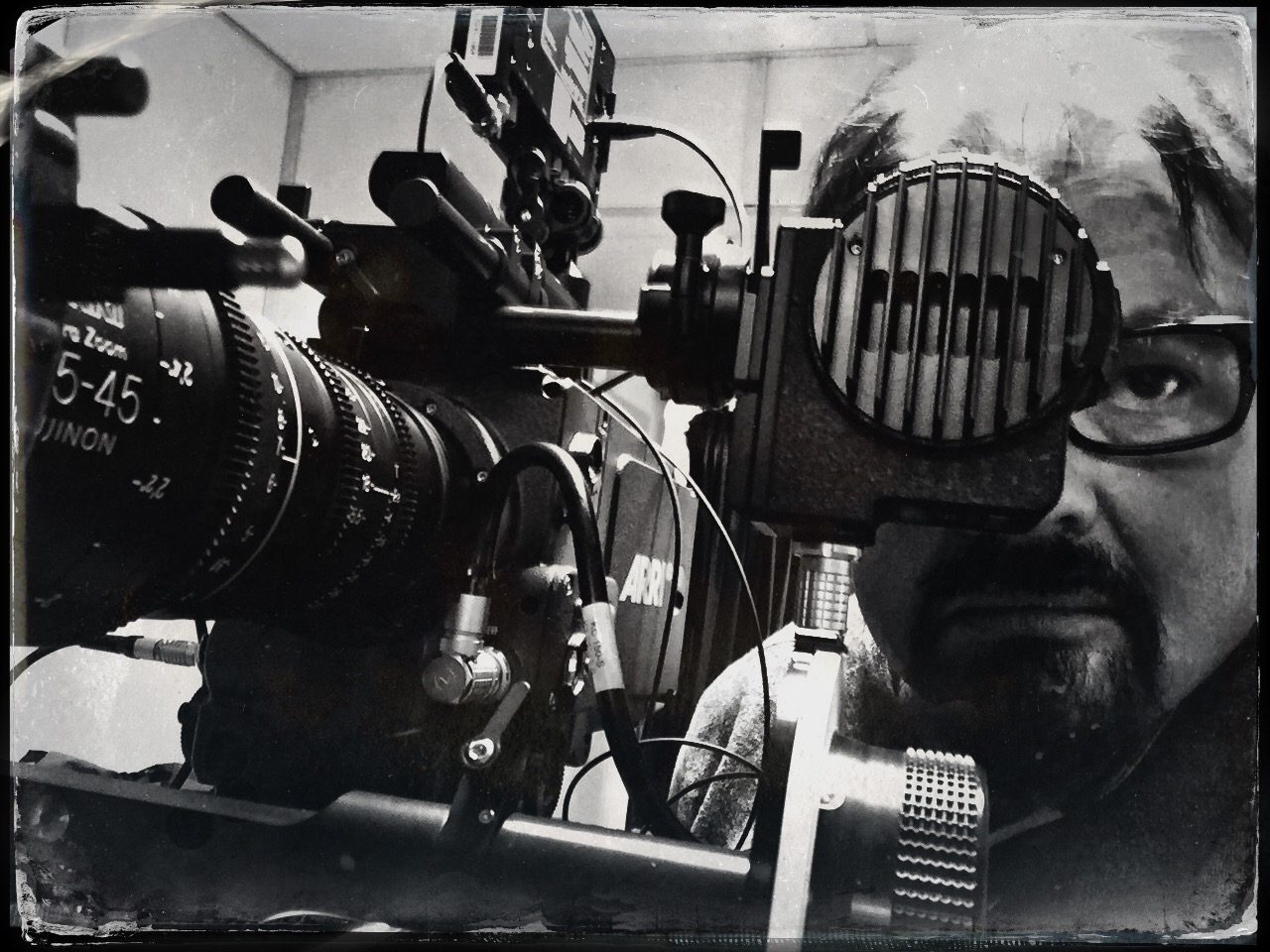Pre-production for a Documentary
You have this idea for a documentary film, the subject is interesting, and you are willing to spend your time, money and resources to make it. But before you can start filming you must research your idea and create an outline for your project. An outline is like a wish list of things that you want to include in your film; subjects, people and places. Before you can start let’s decide who your audience is? who is possibly going to see and also be interested in watching your film? Sometimes a film is targeted at a certain age group, demographic, be it a local audience or national audience or are you looking for a world-wide audience?
Film Festivals have a selection criterion based on the running time of a film so if your world-wide audience is going to be reached through film festival screenings, you’ll need to consider the length of the film in order to be selected.
Now that your audience is sorted, you’ll need to research interesting people who can be contacted for interview in your film. Not everyone likes to be filmed so you’ll need backups. Also, not every interview goes well and they may end up not being included in the final edit, so again you need backups.
Change of direction? Your research can lead you to a more interesting direction, don’t be afraid to explore but be aware that this new direction may not fit well with the rest of your project and cannot be included in the final film.
Make this your mantra, Research and Research again. Continuously research your subject and the subjects in your film and the direction that your filming takes you. You may uncover some little-known facts and through this expand knowledge in your subject.
My Documentary Film Idea
TITLE – Cinema Memories (Working title)
Outline film ONE.
Investigation into the Dementia friendly screenings at the Dukes. What I would like to do is to film the audience at a live screening or series of screenings, as scheduled by the Dukes, with follow up interviews with selected dementia sufferers and their carers. Looking to add to these with interviews away from the Dukes, following up on the cinema experience and to see what their memories are of going to the cinema, in their youth or their earliest memory.
I’m seeking interviews with health professionals and academics, researchers and get an idea from them on camera of what dementia is in layman terms and from this try and determine what could be happening at these screenings.
Apart from memory loss what are the other health conditions that Dementia sufferers experience? What do they experience when going to Cinema, is it a reconnection to earlier memories and experiences of their cinema going or is something else happening? Are Dementia sufferers living in a past time? do they believe that the screening of an old film is a current release, do they know what year the film was released? Does it make them happy or ultimately does it make them sad that they have lost so much? What part does the venue play in the cinema going experience? Is it that the Dukes is an older independent cinema that could by definition belongs to an earlier age that makes or rather adds to the overall experience so that the audience feel more involved, would a modern Cinema Multiplex work just as well?
During the follow-up interviews I plan to look for b-roll opportunities. Street scenes of Lancaster City particularly on market days and possibly around Christmas may present an opportunity to explore and bring to life the location around the Dukes. I also plan to film in the surrounding countryside maybe the lakes although I will have to find a credible link to do so as I do not want just any B-roll, by that I mean random landscapes shots, so maybe look for a link from a dementia sufferers past history, maybe they lived there and have fond memories of the location – also make sure you ask them about happy memories of local locations or indeed bad memories, each have their own place in a documentary film.
This is going to be an emotional roller coaster of a film so I plan to be careful not to concentrate on one of the other, and seek balance where possible.
I’m really looking for a small group of individuals that appear in the first film that I can form an ongoing relationship with, a core group of people that I can contact and feature in any follow-up films.
Include a small amount of travelling footage especially to the lakes, I do this to emphasise we are on a journey of discovery. (But I may drop this if I do not want to be seen on camera – alternatively I can show the scenery and just have a voiceover) – which leads to:-
Think about using a narrator to voice over some of the sequences in the documentary but where possible use professional, authoritative voices to explain screen visuals.
Decide again who is your prime audience before editing, is it for the academic panel and supervisors only, the public, medical professionals, or a mix of these – do I need several edits? Will I be targeting the film festival circuit? I think the answer to that is YES, let’s get this film out there to a world-wide audience. A film on Dementia I watched recently was funded by the Canadian Film Council and is currently available to view on Netflix – is this a possibility for my film, is there funding? Should I approach the Alzheimer’s Society for assistance either financially or for the follow-up films? What other sources of funding are there?


